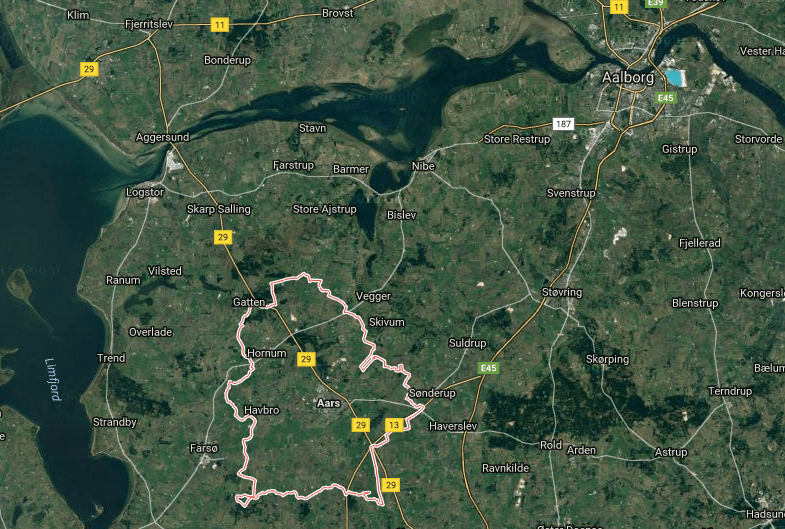Danish archaeologists have discovered a mysterious New Stone Age construction near the town of Aars in northeastern Jutland.
“I never use the word sensation, but I must admit this is as close as it gets,” Bjarne Nielsen, the leader of the research team and curator at Vesthimmerlands Museum, told newspaper Nordjyske Stiftstidende.
“We have not seen anything like it before.”
READ MORE: Record number of archaeological finds swamping National Museum of Denmark
Burnt bone fragments
The unusual site consists of seven black spots on sandy soil.
The innermost spot includes the remains of a well that is 170 cm deep and mostly lined with stones.
However, the archaeologists found a lot of burnt bone fragments inside the well.
“We believe these are human bones that were crushed after burning. Perhaps because the soul needed to be completely released from the body,” noted Nielsen.
READ MORE: Amateur archaeologists find historic Viking treasure
Also found in the UK
The other six spots are also lined with stones, but each of them has a thick pole driven deep into the ground. The poles are believed to have supported a roof over the well.
The remains of a settlement and several individual graves with burnt human bones, as well as an arrowhead and a piece of dagger, were discovered at the location, which has helped to date the site to the Neolithic period (aka the New Stone Age).
Constructions resembling the mysterious well have been found in the UK, but not in the rest of Europe, according to Nielsen.
“This indicates there has been a connection between the Limfjord and England some 4,000 years ago,” Nielsen explained.
The skeletal remains and a sample of the black layer from the bottom of the well have been sent for DNA analysis.













